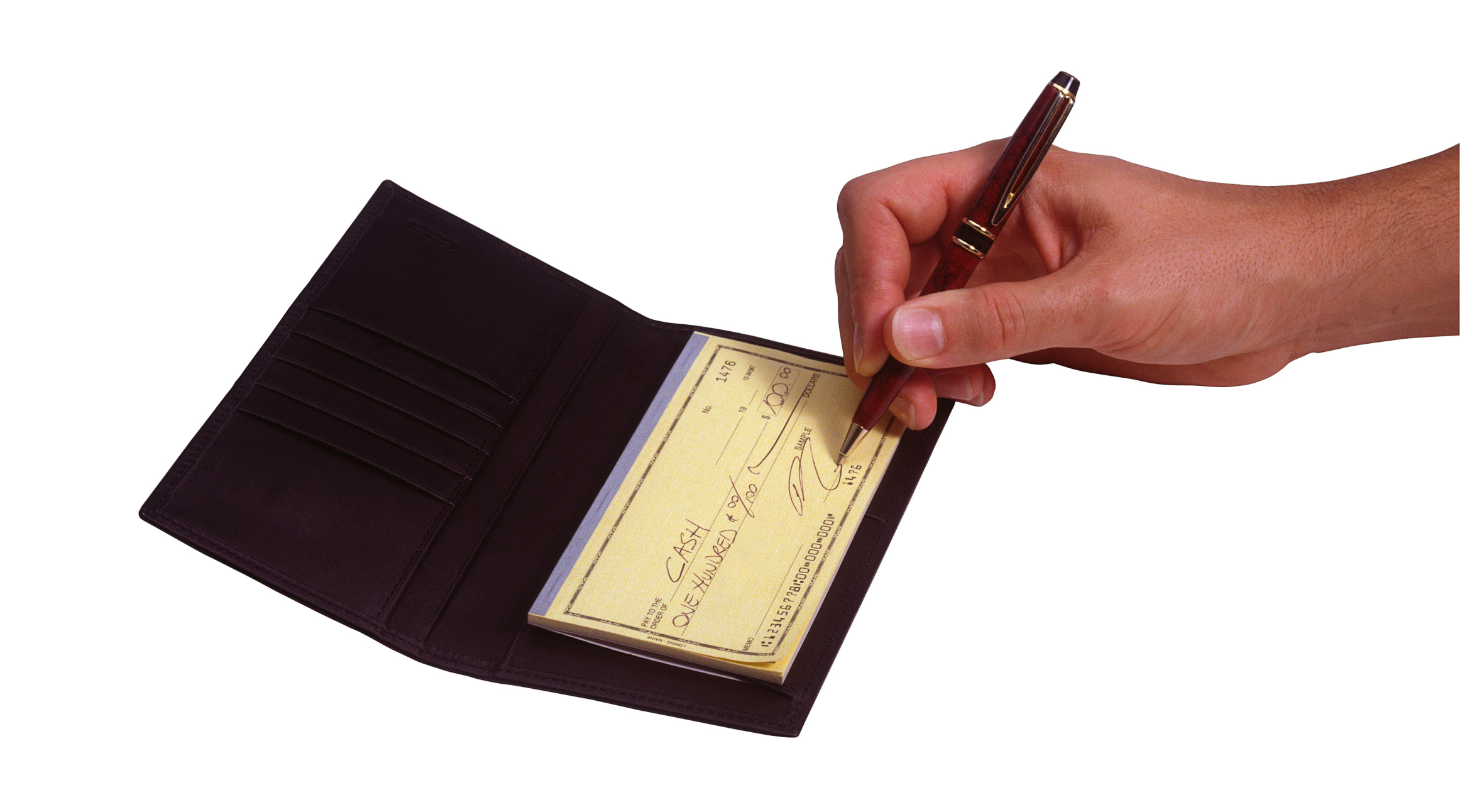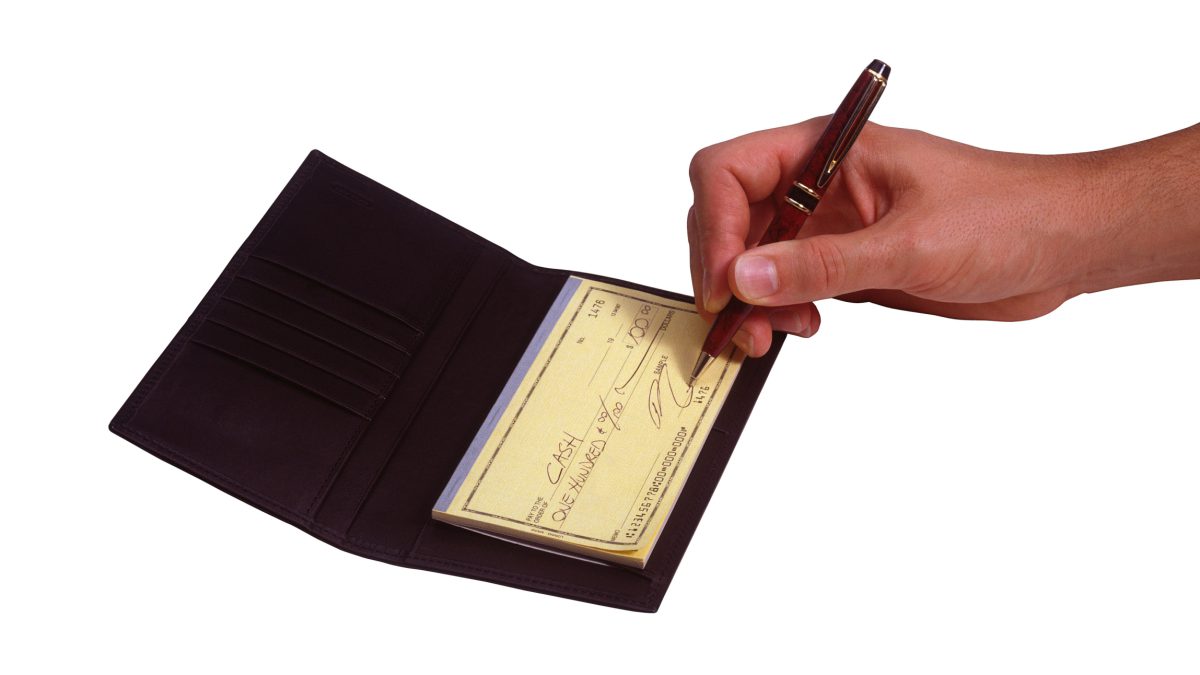Finances 101: Opening Your First Checking Account
Finances 101: Opening Your First Checking Account

Opening your first checking account, no matter how old you are, is a sign of financial independence. In fact, it’s almost a necessity to function financially. Before you open your first account, make sure you shop around to find the account that offers the best benefits. There’s no one perfect account for everyone, so knowing which features are most beneficial for your lifestyle helps you find the checking account that’s right for you.
Checking Account Features
When you start looking for a first checking account, make sure the bank offers all of the features that you’re interested in. According to Mary Beth Storjohann, a certified financial planner practicing in the San Diego area, at a minimum the account should offer “overdraft protection, online bill-pay, 24-hour automated telephone service.” Overdraft protection means your bank will cover you, within limits, if you write a check that’s larger than your account balance, though it usually comes with fees. In addition, she recommends that you look at checking accounts that offer mobile banking and let you link your checking account to your savings account, which cuts down on your trips to the bank.
Lastly, consider the bank’s ATM network. Storjohann asks, “Are there plenty of available ATMs nearby where you are able to withdraw funds at no charge? Or will you be forced to use a competing bank’s ATM and pay a fee of $3 to $5 per withdrawal?”
Checking Account Fees
Before you open the account, make sure you understand what fees you’ll be charged. “When opening a checking account, what many people don’t do is ask for a complete disclosure of account fees,” Storjohann says. “There should be a written document that will include descriptions of bounced check fees, annual maintenance or monthly fees, minimum balance fees, debit card fees, etc.” For example, you might be attracted to a checking account that has lots of convenient ATMs and even pays interest. But if the bank will charge you a monthly fee for going below a minimum balance, and you’re going to have trouble keeping that much money in the account, this fee could outweigh all of the benefits of that account.
Checking Account Rewards
Rewards aren’t just for credit cards. “Most banks issue debit cards with their checking accounts, and by signing up for one with a rewards program, customers can earn cash back or other rewards by using their card for purchases,” Storjohann says. This is especially useful if you don’t have a go-to credit card for racking up rewards purchases or if you prefer to use your debit card over a credit card.
Opening the Account
You can open a checking account in person or, for many banks, online. You’ll need to provide your identifying information, like your Social Security number and address. If you apply in person, bring your driver’s license or other official ID. Or, if you’ve recently moved and you haven’t updated your license yet, you might be able to use a recent utility bill to prove your address. When you’re opening your first account, you won’t have to worry about bad history from prior accounts. However, don’t abuse your overdraft protection or ignore an overdrawn account. Similar to a credit report, banks can pull your checking account history from a database called ChexSystems. If you abuse your first account, it might be a while before you get a second chance.
Quicken has made the material on this blog available for informational purposes only. Use of this website constitutes agreement to our Terms of Use and Privacy Policy. Quicken does not offer advisory or brokerage services, does not recommend the purchase or sale of any particular securities or other investments, and does not offer tax advice. For any such advice, please consult a professional.



